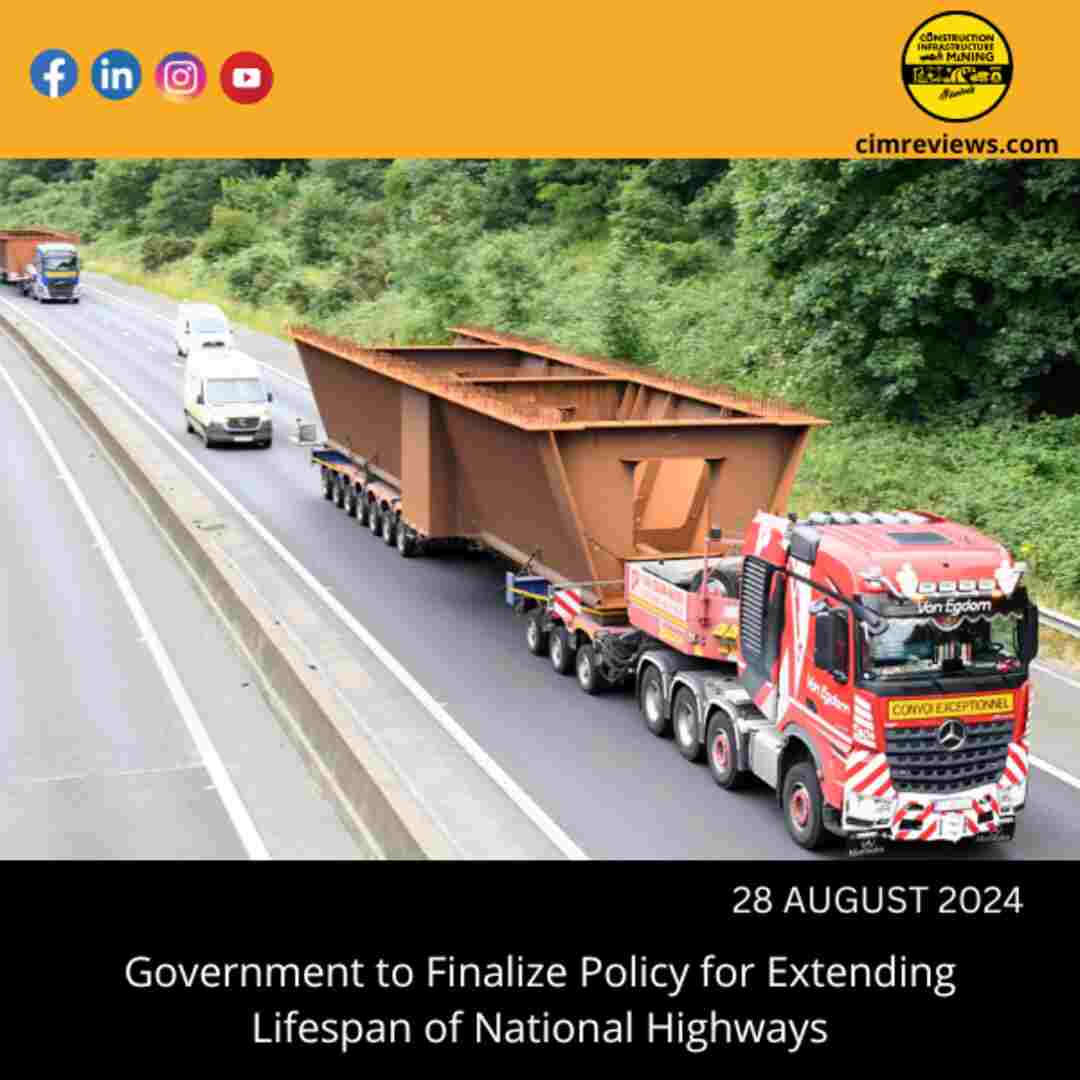A program to reinforce aging national roadways by “white-topping,” a technique that increases their longevity, is about to be finalized by the government. Rehabilitating flexible pavements, or asphalt pavements, which make up a sizable portion of the national highway network.
would be the policy’s primary priority. The draft policy, which describes the method, its advantages, and the standards for choosing which highways would be repaired, has been made available for public comment by the Ministry of Road Transport and Highways.
Government to Finalize Policy for Extending Lifespan of National Highways
The Indian government is set to finalize a comprehensive policy aimed at extending the lifespan of national highways, ensuring sustainable and cost-effective infrastructure development. With a focus on durability, safety, and environmental sustainability, the policy will incorporate advanced engineering techniques and modern materials to enhance road longevity.
Need for the Policy
India has one of the largest road networks in the world, with national highways playing a crucial role in the country’s economic growth and connectivity. However, rapid wear and tear due to increasing vehicular traffic, extreme weather conditions, and inadequate maintenance often reduce their operational lifespan. The new policy seeks to address these challenges by implementing robust maintenance strategies and long-term planning.
Key Features of the Policy
The proposed policy will focus on several critical aspects, including:
- Use of Advanced Materials: Encouraging the adoption of high-performance asphalt, concrete composites, and geo-synthetic reinforcements to enhance pavement durability.
- Regular Maintenance & Inspection: Establishing stringent maintenance schedules, periodic inspections, and predictive analytics to identify potential structural issues before they escalate.
- Sustainable Construction Practices: Promoting eco-friendly construction materials, recycling of existing road materials, and incorporating green highways initiatives such as tree plantations and solar-powered lighting.
- Public-Private Partnerships (PPP): Encouraging collaboration between the government and private sector to ensure efficient road maintenance and funding for infrastructure projects.
- Technology Integration: Implementing smart monitoring systems with sensors and artificial intelligence (AI) to track road conditions and automate repair recommendations.
Expected Benefits
The finalization and implementation of this policy are expected to bring numerous benefits, including:
- Increased Road Longevity: Enhanced materials and maintenance strategies will significantly extend the lifespan of national highways, reducing the need for frequent repairs.
- Cost Savings: Proactive maintenance will lower long-term repair and reconstruction costs, optimizing government expenditure.
- Enhanced Safety: Well-maintained roads will contribute to safer travel conditions, reducing accidents caused by potholes and deteriorating surfaces.
- Environmental Impact: Sustainable construction practices will help reduce carbon footprints and promote eco-friendly infrastructure development.
Future Outlook
The government is in the final stages of consultations with experts, stakeholders, and industry leaders to fine-tune the policy before its official rollout. Once implemented, the initiative is expected to revolutionize India’s highway infrastructure, ensuring longer-lasting, safer, and more efficient roads for the country’s growing transportation needs.
Group Media Publication
Construction, Infrastructure and Mining
General News Platforms – IHTLive.com
Entertainment News Platforms – https://anyflix.in/
Legal and Law News Platforms – https://legalmatters.in/





